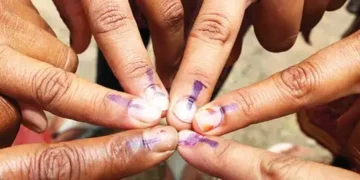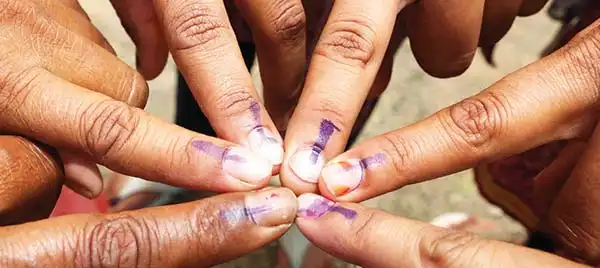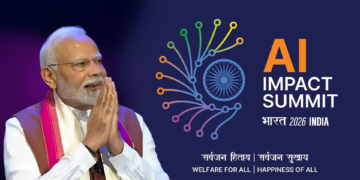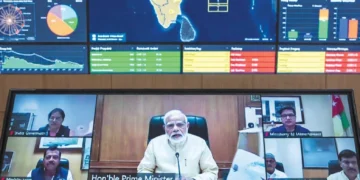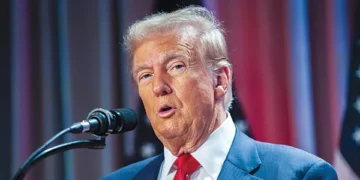MJ Akbar
THAT continual exercise in unaccountable fabrication called opinion and exit polls pushed the Congress into heartbreak house. While political parties might be unable to prevent exit polls, which are funded with that portion of media which has too much money, there are ways of dealing with this febrile phenomenon.
There was some distance between the opinion polls and the eventual results of this year’s General Election, but no one in BJP blamed the Election Commission after the results. The Congress seems to be in the grip of a group which cannot understand the electoral pulse because they have never fought an election. They do a disservice to Rahul Gandhi by feeding him fantastic alibis. He should not be gullible, but perhaps the need to save face means wearing a veil over your head.
There is one continuing lesson for the Indian political class in all elections. If the electorate feels that any political party has announced the results before it has voted, there is a surprise in store. Every election is sui generis. It would be a mistake for the BJP to believe that just because it won Haryana, it will win Jharkhand. Every state is a different story. Every voter has their own calculus.
PM underestimated
There are rational reasons why the BJP got over 39 per cent of the vote in Haryana, or more than its percentage share in 2014. Prime Minister Narendra Modi’s appeal is generally underestimated by his opponents. When he promises vikas people listen. The incumbency negative was also ameliorated by a counterproductive Congress decision. Its hopes of a landslide rested on what it routinely described as a Jat-Jatav coalition.
If you are going to be dependent on a caste formula, then you must honour the equation. The Congress was patronising and dismissive of the interests of the weaker caste.
The damage began with a remark by Rahul Gandhi during his celebratory visit to America which suggested that the Congress would end reservations. He denied it, of course, but it stoked historic fears among the underprivileged that their constitutional entitlement was under threat. This was compounded by their regional leader Selja Kumari’s unwillingness to campaign for the Jat leader and Chief Minister-designate Bhupinder Hooda. Last-minute efforts to placate her were seen as tokenism. The JatJatav combination collapsed because it takes two pillars to hold up a bridge.
The Congress list of 90 candidates had 72 Hooda loyalists, which said enough. According to some reports, 15 of them were defeated in winning seats, making the difference. Selja Kumari, too, has asked for introspection. In her case, the meaning is quite definite: ‘Sack Hooda’. The 77-yearold Hooda has fought his last election.
Urban apprehension The BJP had taken the edge off farmers’ anger by conceding the demand for minimum support price (MSP).
The urban voter in the state was apprehensive about a return to partisan Government spending by an administration dominated by a single caste. The BJP won seats which the commentariat-cum-polling class expected it to lose; such as the four seats in Gurugram. In Ambala city the veteran Anil Vij recovered mid-campaign to retain his seat. Finally, the BJP cleared up any internal dissension through the logical process of accommodation.
All factions understood the meaning of any disaster in Haryana, set aside their differences, and worked for the common good. It delivered.
The most important victor in this election was Jammu & Kashmir which has its first popular government after the abolition of Article 370. Dr Democracy heals every patient, if the patient has patience. Omar Abdullah has made a splendid beginning to his resurrection by reciprocating the Prime Minister’s felicitations with the promise of cooperation with Delhi. This is how India works.
